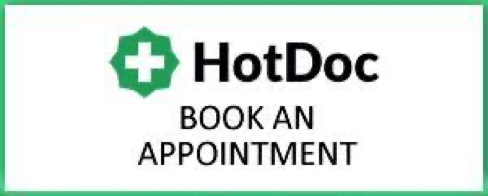Melton Medical Clinic
Helping the Melton Community since 1971

Contact Information
Phone
(03) 9743-5600
Fax
(03) 9743-2220
Locum Service (after hours)
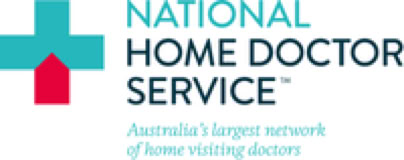
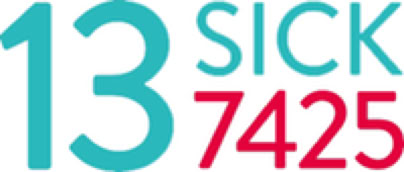
Clinic Hours
Mon - Fri: 9:00am to 6:00pm
Sat: 9:00am to 1:00pm
Sun/Public Holidays: Closed
We offer the ability to book online appointments. Should you wish to do so, you can click the button above to link to our online booking provider HotDoc. This site requires you to register. Once registered you can make an appointment via the internet, or you can download the app for iPhone, iPad, or Android operating systems and make appointments via your mobile.
CurrentWeather
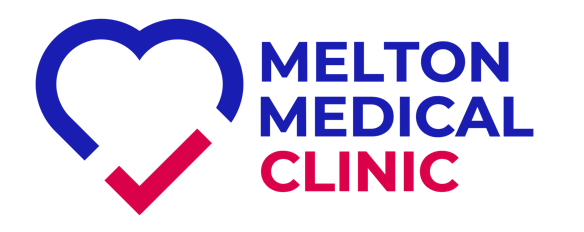

Online appointments are now active.
We have transitioned to our new online appointment provider HotDoc and have gone live for appointments from September 7th 2023. Please download the app to book online, or click on the “Book Appointment” icon in the sidebar. Please note: you must register an account with HotDoc to use the service.
We are currently not accepting new patients.
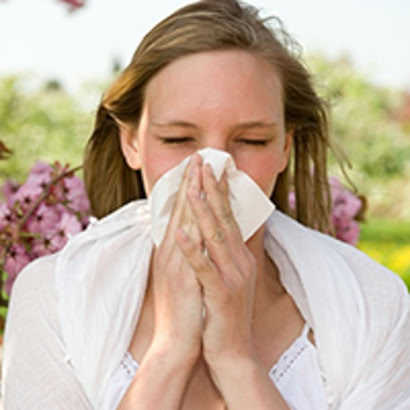
Spring and Allergies
Spring is in the air, and so are billions of tiny pollens that trigger allergy symptoms in millions of people. This condition is called seasonal allergic rhinitis, commonly referred to as hay fever. Hay fever can affect your quality of life. It can lead to sinus infections, can disrupt your sleep and affect your ability to learn at school or be productive at work.
Symptoms include: Itching in the nose, roof of the mouth, throat, eyes; sneezing; stuffy nose (congestion); runny nose; watery eyes; dark circles under the eyes.
Depending on where you live, there are generally three pollen seasons. The start and end dates of these seasons vary based on the climate. Trees generally pollinate in the spring. Birch, cedar, cottonwood and pine are big allergy triggers. Grass releases its pollen in the spring/summer. Timothy, Johnson, and Rye grasses are examples of allergens in this category.
Avoiding your allergy triggers is the best way to reduce symptoms:
• Limit outdoor activities during days with high pollen counts.
• Keep windows closed (at home or in the car) to keep pollens out.
• Take a shower after coming indoors. Otherwise, pollen in your hair may bother you all night.
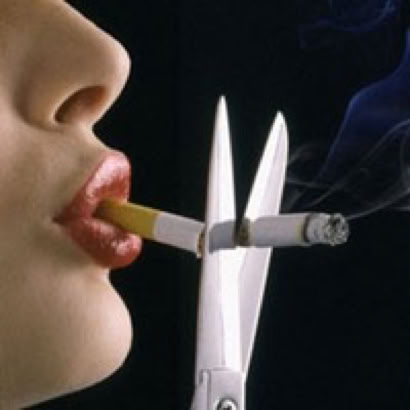
Stopping smoking
When you are attempting to quit smoking, it is helpful to be able to pull on the support of family and friends. However, there is also professional guidance and support available. Professional quit support from a qualified health professional can increase the odds of quitting smoking successfully. Seeking support is not a sign of weakness, but instead a great way to enhance your chances of becoming smoke free.You may want to consider the following types of quit support services:
Quitline (13 7848 or 13 QUIT)
Individual counselling to help you quit smoking
Advice from your doctor, pharmacist or other health professional
Quit smoking group
A great way to find the quit smoking support you're looking for is by calling the Quitline to find out about recognised support services that may be in your area. Services do change from time to time, and a professional Quitline Advisor can provide you with up-to-date details of the quit support services available. Remember, if you don’t succeed the first time, don’t give up on giving up!
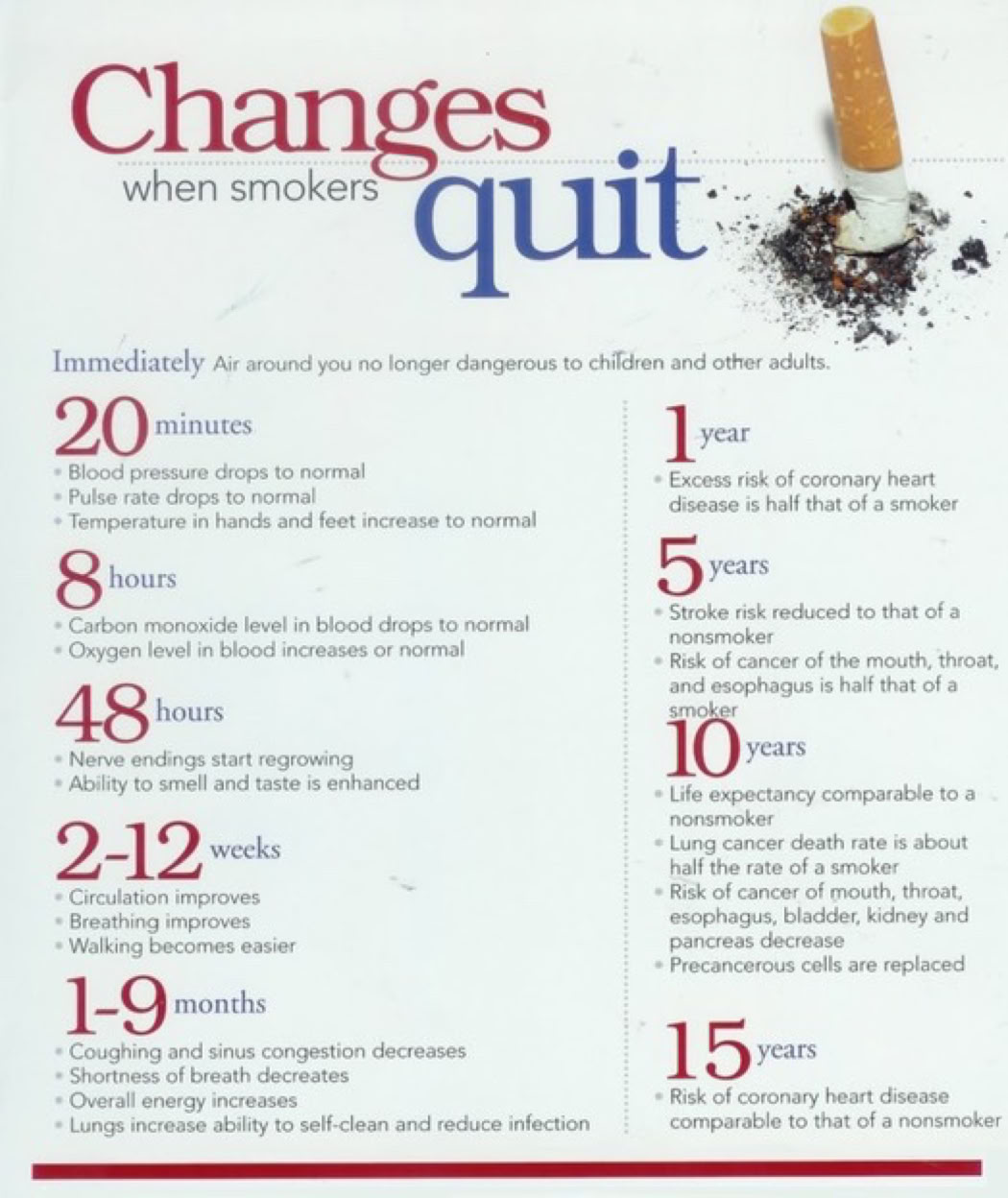
Congratulations
The doctors and staff would like to congratulate Dr Andrew Soloczynskyj for being awarded the 2014 VMA General Practice Supervisor of the Year Award. As many of our patients will know, our practice has been a training practice for over 45 years for medical students and registrar doctors. Our partner and colleague, Dr. Andrew Soloczynskyj, is a mentor and supervisor of these doctors and has been teaching for many years.This award is voted on by his peers and the many doctors he has tutored over the years. Our congratulations to Andrew for this prestigious award which is a genuine recognition for his enthusiasm and passion in teaching.
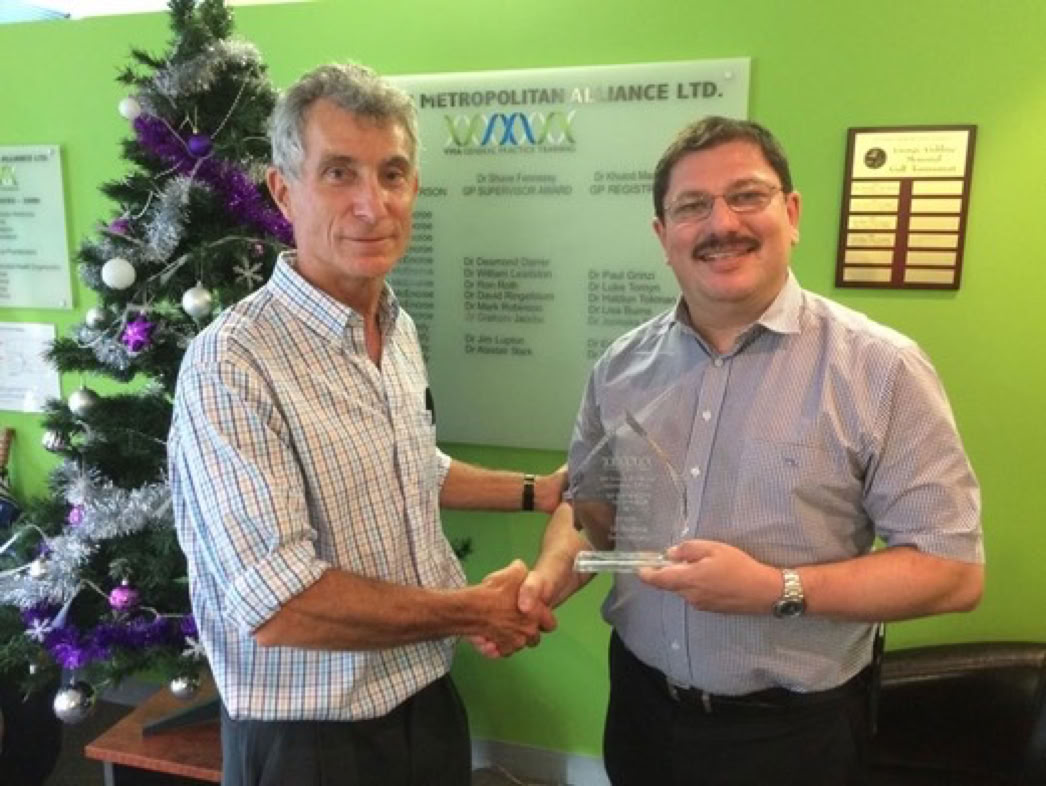

Are you travelling overseas?
You should talk to your doctor well in advance of your trip so you know what vaccinations are needed and when they should be administered, and to ensure you have enough time to complete the course or have any booster doses required.
Generally it takes at least 2 weeks following a vaccination for your body to produce enough antibodies to protect you against the disease. So for the first week or so after having a new vaccination you will have very little protection.
Generally it takes at least 2 weeks following a vaccination for your body to produce enough antibodies to protect you against the disease. So for the first week or so after having a new vaccination you will have very little protection.
© Melton Medical Clinic 1971-2025
